Last updated: August 28, 2023
Many of us dream of having a vast expanse of land where our horses can roam freely, but the reality is that not everyone has the luxury of space or resources to keep their horses at home. This dilemma can lead to a myriad of questions, the most pressing of which is: How much does it cost to board a horse?
On average, boarding a horse can range from $5 to $35 per day. However, this price isn’t set in stone. Several factors, such as the type of services you’re seeking and the location of the boarding facility, play a role in determining cost. For instance, while a pasture in the countryside might be affordable, full boarding services in urban areas will carry a heftier price tag.
Whether you’re exploring boarding options for your horse or simply seeking insights into the industry, this guide is here to help. We’ll delve into what different facilities offer, share tips to help you make the most of your money, and provide a comprehensive look into the boarding process.
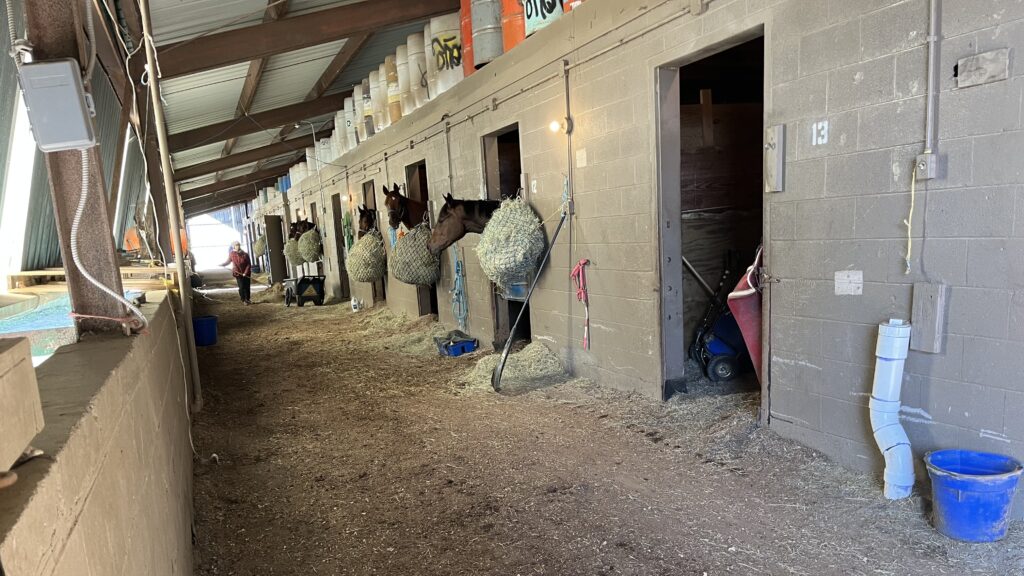
Factors Influencing Boarding Costs
Horse boarding isn’t a one-size-fits-all endeavor. Multiple factors come into play when determining how much it will cost to board your equine friend. Here’s a breakdown of these factors:
- Location
- Urban vs. Rural: Generally, boarding costs in urban or suburban areas are higher than in rural settings. This is mainly due to land value, property taxes, and the demand for boarding facilities in populated areas.
- Proximity to Facilities: Boarding facilities closer to competition venues, training centers, or equestrian communities might have higher rates due to the convenience factor.
- Regional Cost Differences: Just as the cost of living varies from one region to another, so do boarding costs. For example, boarding in a state known for its equestrian community, like Kentucky, might differ in price from a state where horse-keeping isn’t as prevalent.
- Type of Boarding Facility
- Pasture Board: This is typically the most affordable option where horses are kept in pastures most of the time. They might have access to a run-in shed but won’t be stabled individually.
- Partial (or Self-care) Board: Here, you’ll rent a stall but will be responsible for feeding, cleaning, and general care. It’s less expensive than full-service but requires a hands-on approach.
- Full-service Board: This is the most expensive option where the facility takes care of everything – feeding, cleaning, exercise, and more. It’s perfect for owners who might not have the time for daily care.
- Amenities & Services
- Facilities that offer added amenities like indoor riding arenas, round pens, hot walkers, and wash racks might charge more.
- Additional services such as training sessions, grooming, veterinary care, and specialized feeding can also increase the overall cost.
- Duration
- Monthly Boarding: Most facilities offer a monthly rate which can be more cost-effective if you intend to board long-term.
- Short-term Boarding: Ideal for individuals who are traveling or need temporary housing for their horses. While daily rates might seem higher, they offer flexibility.
- Special Needs
- Horses with specific health issues or those on special diets might incur extra costs. This could be due to specialized feed, additional medical care, or other unique requirements.
Understanding these factors can provide clarity on the boarding costs you might encounter and help you make an informed decision that suits both your budget and your horse’s needs.
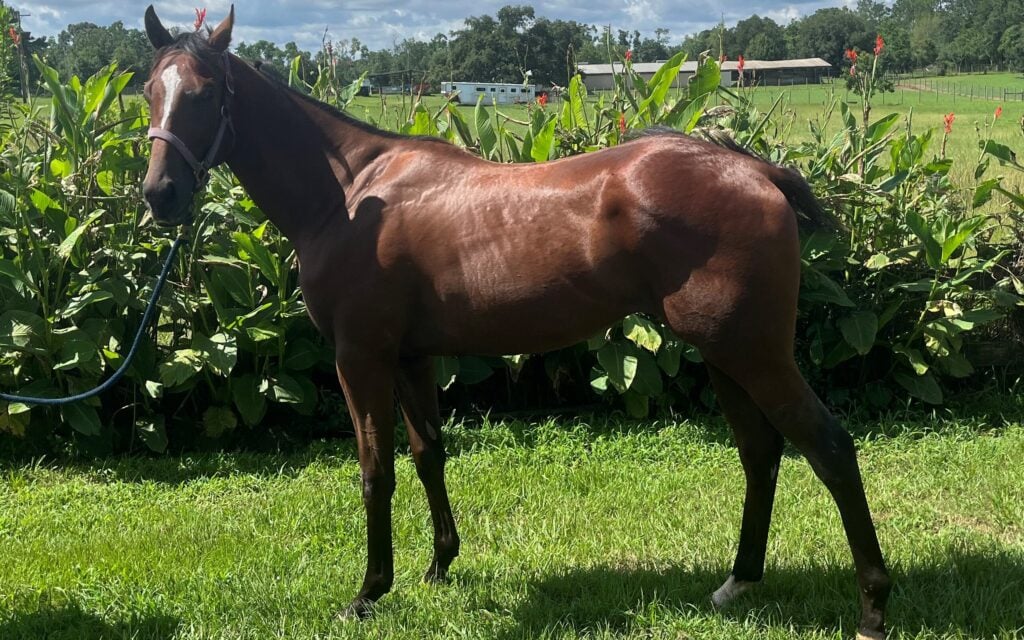
How Much Does It Cost to Board a Horse?
Depending on the horse’s specific needs, horse boarding can cost anywhere from $150 to $750 per month. The facility, care, and location will all factor into the price of boarding. In addition, horse owners will need to consider the cost of food, hay, and bedding.
Most horse boarding facilities will include these costs in the monthly fee, but some may charge them separately. Owners should also be prepared to pay for routine medical care, such as vaccinations and dental checkups.
For those looking for a more comprehensive care package, some horse boarding facilities offer full-service packages that can include everything from daily grooming to specialized training. Prices for these services can vary widely, so it is important to shop around and compare options before making a final decision.
Horses are not just animals; they’re a part of the family. They are also incredibly expensive to care for and feed. Some horse boarding facilities may offer discounts for long-term boarding and other options like self-care, training/riding lessons, stall cleaning services, etc.
Typically, the cost of boarding horses depends on the location and services you request. For full boarding, which includes feeding, stall mucking, and pasture turnout, you can expect to pay $15 to $25 per day. If you self-care or pasture board, you can reduce the cost to $5 per day.
There are other ways to keep your cost down as well. Working or volunteering in exchange for your horse’s board is one way that many people cut costs. If you are willing to work hard enough, you can even get free boarding by helping out with chores like cleaning stalls or riding other people’s horses.
What Can I Expect When I Board My Horse?
When you board your horse at a full care facility, you can expect him to be well-cared for in a safe and clean environment. He will have plenty of hay and fresh water, and his stall will be cleaned daily.
Your horse will also be exercised regularly, either by being turned out in a paddock or by being ridden by an experienced staff member. In addition, they will keep a close eye on your horse’s health and notify you immediately if we notice any changes.
By boarding your horse at a high-quality facility, you should be able to rest assured that he will receive the best possible care.
The type of services your horse receives depends on what level of boarding you choose: full care, partial care, or pasture turn-out. You can also board your horse and take full responsibility for its upkeep. I cover more about what services are provided in the following sections.
Horses are costly animals. Owning a horse can be an emotional and financial commitment that needs to be carefully thought through before taking on the responsibility of owning one.
Many people don’t realize how much it costs or what you get when you board a horse, but one thing is certain your horse needs to be fed, groomed, and cared for. But you have options on how you want these responsibilities carried out.
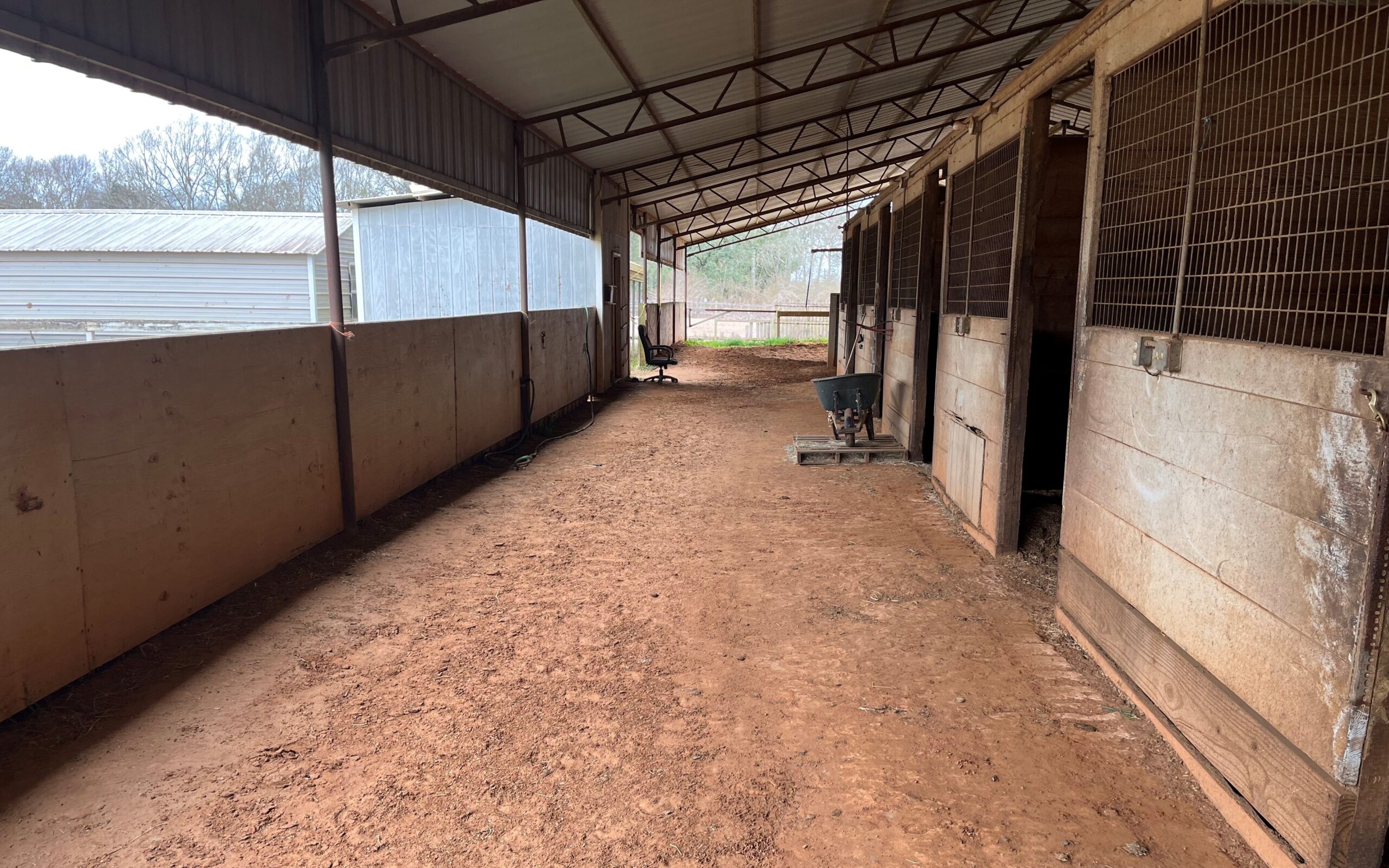
Types of Boarding Explained
For many horse enthusiasts, the thrill of ownership often meets reality with the question: “Where will my horse stay?” While some have the luxury of vast personal lands, many rely on boarding facilities. However, choosing the right boarding isn’t as straightforward as it might seem.
From the wide-open pastures to the self-care stalls and the all-inclusive full-service options, each comes with its unique set of benefits and considerations. In this section, we’ll delve into the specifics of pasture, self-care, and full-service boarding to guide you in making an informed choice that caters to both your horse’s well-being and your lifestyle.
1. Pasture Board
- What it entails: Pasture boarding means your horse will mostly live outdoors in a pasture. They will usually have access to basic shelters like run-in sheds, but they won’t be stabled in individual stalls.
- Benefits:
- Natural environment: Horses can exhibit natural behaviors like grazing and socializing with other horses.
- Lower cost: Since it doesn’t require as much infrastructure or daily care, it tends to be cheaper.
- Less stress: Horses are generally more relaxed and free of confinement-related issues.
- Drawbacks:
- Exposure to elements: Without individual stalls, horses are more exposed to weather conditions.
- Less individualized care: Monitoring health and diet can be a bit more challenging in a herd setting.
- Typical costs: Depending on the region and facilities, costs can range from $100 to $300 per month.
2. Partial (or Self-care) Board
- What it entails: With partial boarding, horse owners rent a stall but are mainly responsible for the daily care of their horse, including feeding, cleaning the stall, and sometimes turnout.
- Benefits:
- Cost-effective: Less expensive than full-service since you’re handling much of the care.
- Greater control: Owners have direct oversight of their horse’s diet, cleanliness, and general care.
- Drawbacks:
- Time-consuming: It requires a consistent daily commitment from the owner.
- Potential for inconsistencies: If you can’t make it one day, arrangements must be made for your horse’s care.
- Typical costs: Prices can vary widely based on stall quality and location, but generally range from $150 to $500 per month.
3. Full-service Board
- What it entails: This is a comprehensive package where the facility manages everything from feeding to cleaning, and often includes exercising, grooming, and basic health checks.
- Benefits:
- Convenience: Ideal for horse owners who may not have the time for daily care.
- Professional care: Most full-service barns have experienced staff to monitor and care for your horse.
- Consistency: Your horse gets regular, consistent care regardless of your personal schedule.
- Drawbacks:
- Higher cost: With the increased services comes a higher price tag.
- Less personal time with your horse: Some owners feel they don’t get to bond as closely with their horses.
- Typical costs: Depending on the region, services offered, and quality of the facility, costs can range from $400 to over $1,500 per month.
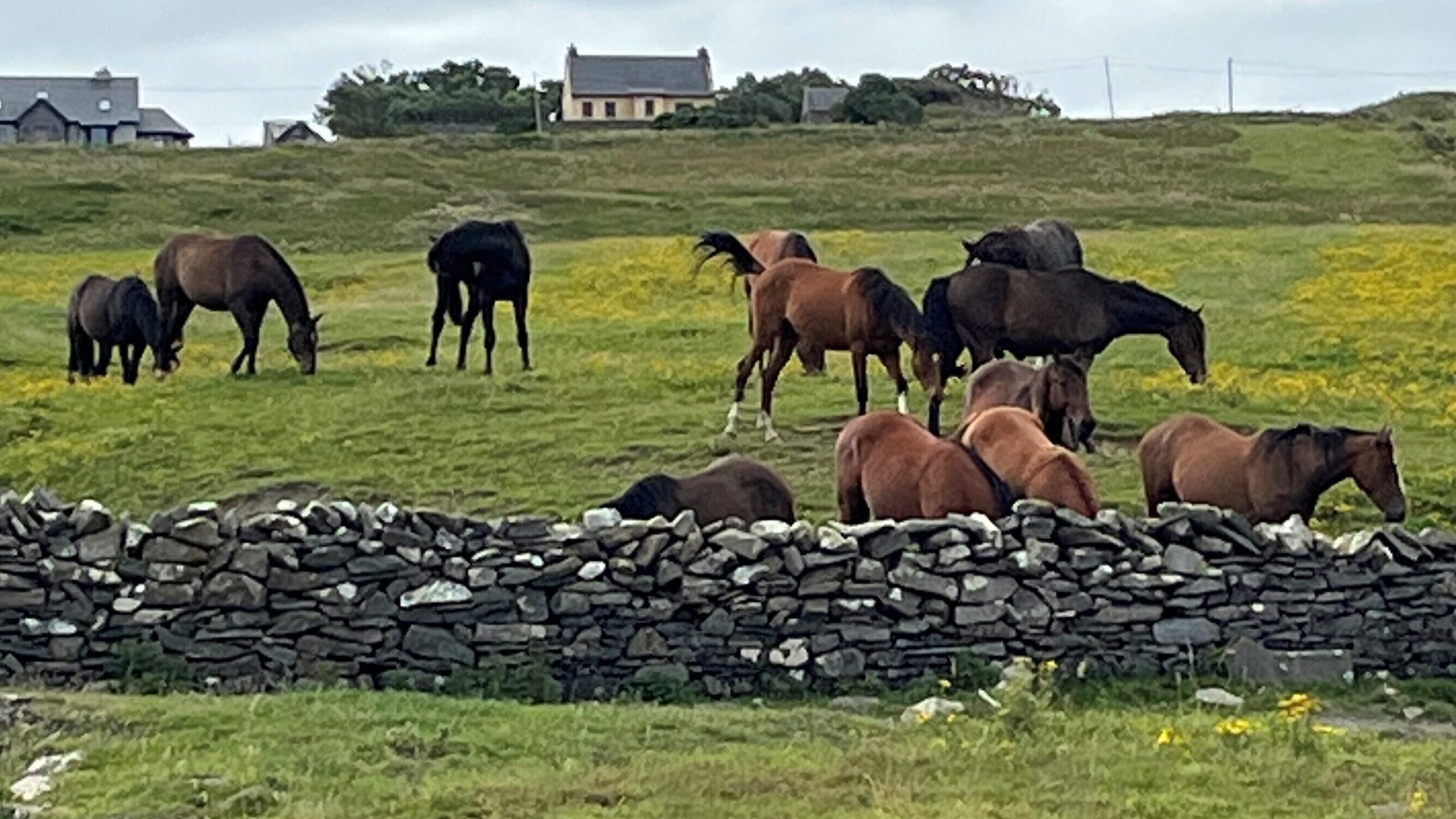
Here is a YouTube video of the training facility where we board our racehorses.
4. Private arrangement for horse board
Horse boarding can be costly, but it does not have to be. If you want to reduce your horse boarding costs, it is essential to explore all available options.
You have the opportunity to save money on your horse boarding expenses by providing various services and entering any type of agreement that suits you and the facility owner.
Some stables may discount your boarding costs if you’re willing to provide services like mucking out stalls, riding lessons, or exercising horses but be sure to clarify the terms of your agreement so there is no confusion at the end when it comes time to pay up,
Below is a table that provides an estimate of what you can expect to pay per month to board your horse:
| Type of Boarding | Monthly Costs | What You Get |
|---|---|---|
| Full Care Boarding | $750.00 | The facility provides everything your horse needs |
| Partial-board care | $375.00 | You provide hay and feed, and staff feeds your horses |
| Pasture board | $250.00 | Pasture, freshwater, and monitoring, hay if needed |
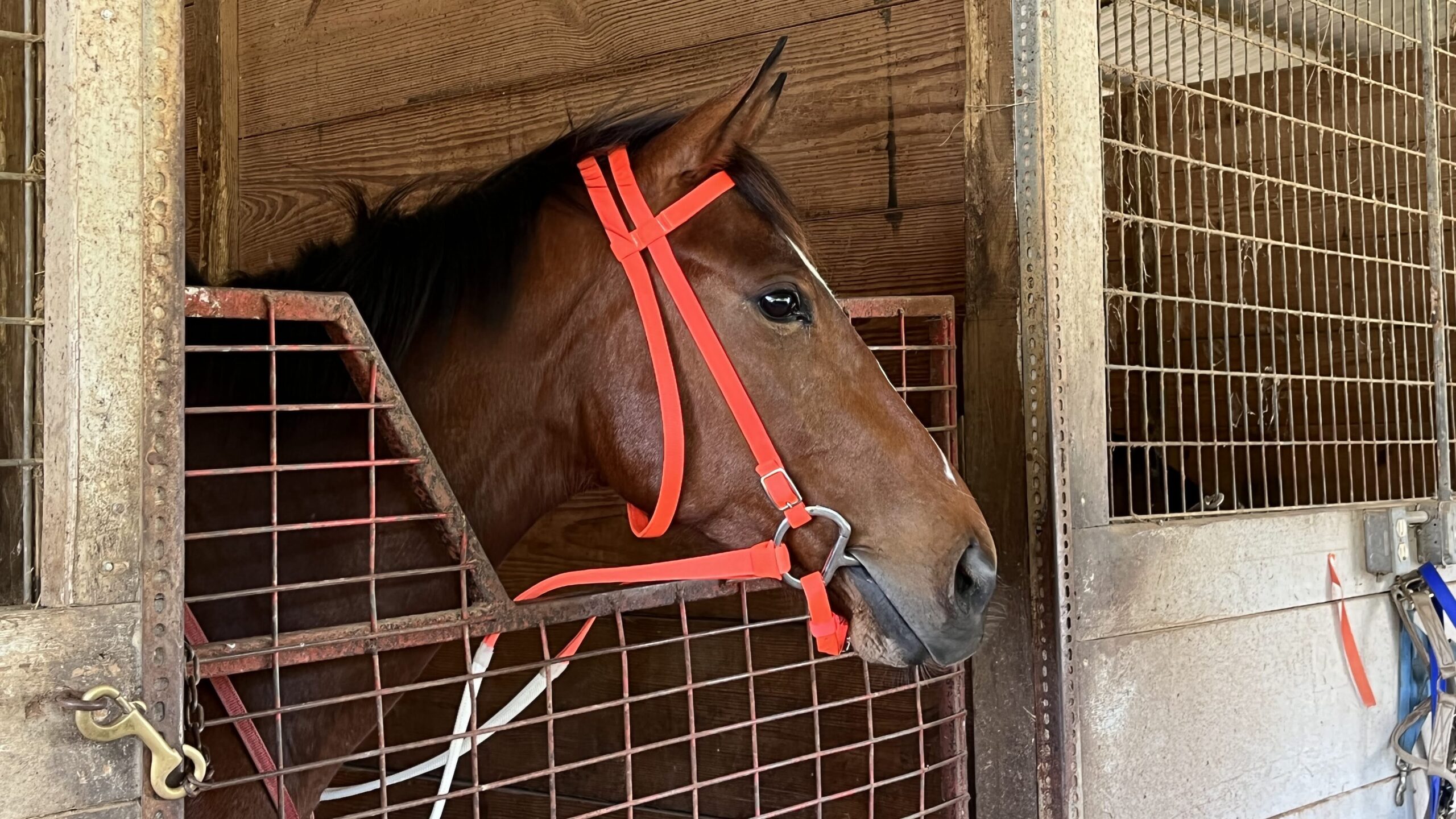
Hidden Costs to Be Aware Of
Owning a horse is a rewarding experience, but it comes with a myriad of financial responsibilities. Beyond the apparent boarding costs, there are often hidden or unexpected expenses that can take new owners by surprise. To be adequately prepared, it’s essential to be aware of these potential hidden costs:
- Unexpected Veterinary or Farrier Fees:
- Why they occur: Horses, like all living beings, can have health issues or injuries that aren’t planned for. Additionally, horseshoeing or hoof trims might be needed more frequently than anticipated, especially if the horse is active or has hoof problems.
- How to plan: Regular check-ups can mitigate unforeseen health issues. Additionally, setting aside an emergency fund can help cover unexpected vet or farrier bills.
- Supplemental Feeding Costs:
- Why they occur: The base feed provided by a boarding facility might not meet the specific nutritional needs of every horse, especially those with higher energy requirements, health issues, or dietary restrictions.
- How to plan: Familiarize yourself with your horse’s nutritional needs and calculate the cost of any additional supplements or feeds. Factor this into your monthly budget.
- Insurance Considerations:
- Why they occur: While some boarding facilities might require basic liability insurance, owners might also consider mortality, major medical, or loss of use insurance for their equine investments.
- How to plan: Speak with an equine insurance specialist to understand the various policies available and determine which is most suitable for your horse and situation.
- Transportation or Moving Costs:
- Why they occur: Whether it’s relocating to a new boarding facility, attending horse shows, or simply needing to transport your horse for a vet visit, transportation costs can add up.
- How to plan: Consider the distance between the boarding facility and other essential locations, such as vets or competition venues. Investing in your trailer might be cost-effective in the long run but also brings additional costs like maintenance and storage.
By being proactive and planning for these hidden costs, horse owners can ensure that they are financially prepared, allowing them to fully enjoy the pleasures of horse ownership without unwanted financial stress.
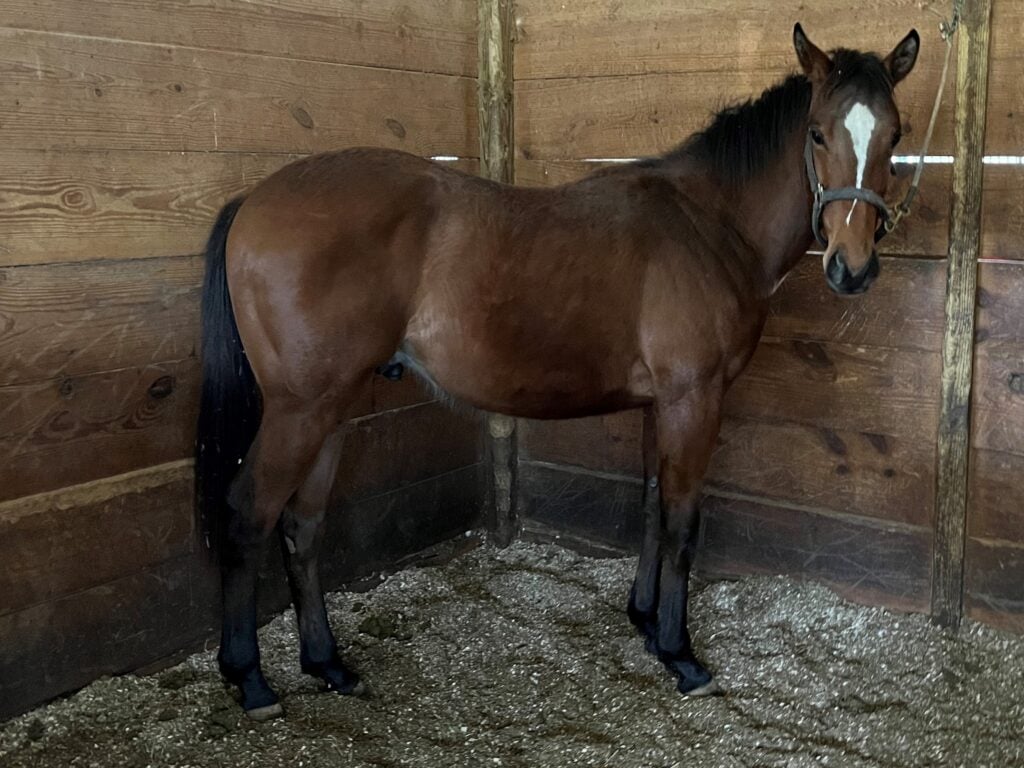
Key Questions to Ask When Choosing a Boarding Facility
Finding the perfect home for your horse is paramount. Not only does it influence the horse’s well-being, but it also impacts your peace of mind. The right facility will align with your values, cater to your horse’s needs, and fit within your budget. However, to ensure you make an informed decision, it’s essential to ask the right questions. Here are some key inquiries to consider:
- Facility’s Care and Feeding Routine:
- Why it matters: The daily care and feeding routine can greatly affect your horse’s health, mood, and well-being.
- Questions to ask:
- How often are the horses fed each day?
- What type of feed do you use, and can I provide my own if needed?
- How do you adjust feed amounts for horses with different needs?
- Staff Qualifications and Experience:
- Why it matters: Experienced staff ensures your horse gets professional care and any issues are promptly and correctly addressed.
- Questions to ask:
- What qualifications do your staff hold?
- How many years of experience does the primary caretaker have with horses?
- Do you have a vet or farrier on call or on-site?
- Security Measures in Place:
- Why it matters: The safety of your horse is paramount. Adequate security ensures protection from theft, escape, or unwanted disturbances.
- Questions to ask:
- What security protocols are in place during nighttime or off-hours?
- Do you have surveillance cameras installed?
- How do you prevent unauthorized access to the facility?
- The Facility’s Emergency Plans:
- Why it matters: In case of health emergencies, natural disasters, or other unforeseen situations, a facility should have robust plans in place.
- Questions to ask:
- What is your protocol for medical emergencies?
- Do you have an evacuation plan in case of fires or natural disasters?
- How will I be notified, and how quickly can you reach a vet?
- References and Reviews from Other Horse Owners:
- Why it matters: First-hand experiences from other horse owners can provide invaluable insights into the facility’s daily operations and quality of care.
- Questions to ask:
- Can you provide references or testimonials from current or past boarders?
- Are there any online reviews or forums where I can hear from other horse owners?
- Have there been any complaints or issues raised in the past, and how were they addressed?
Taking the time to thoroughly research and question potential boarding facilities ensures that you make a choice that aligns with both your horse’s needs and your own expectations, fostering a beneficial and lasting partnership.
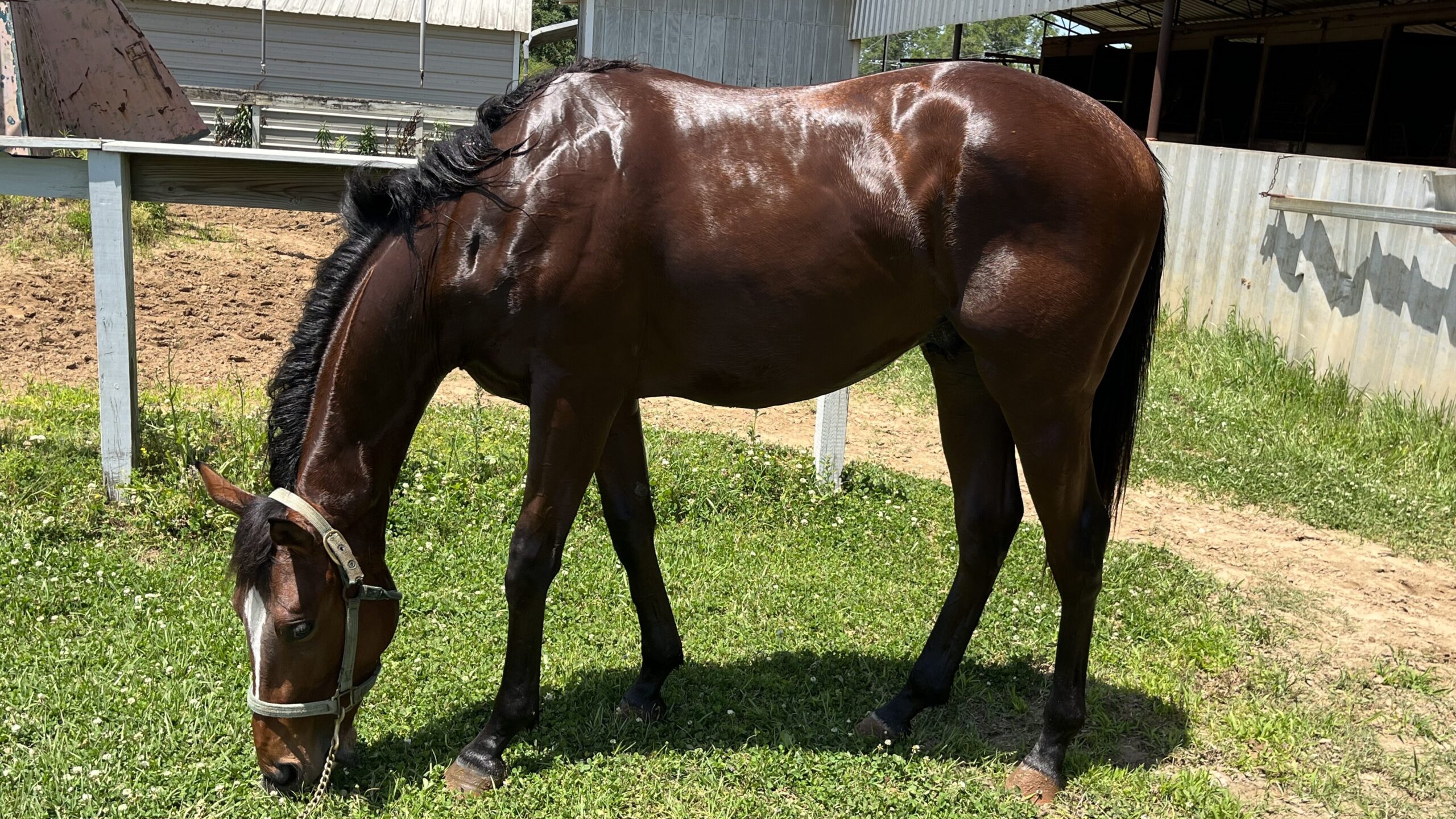
Additional Considerations for Horse Owners
Navigating the complexities of horse ownership doesn’t stop once you’ve chosen a boarding facility. Several ongoing considerations can have a profound impact on your horse’s well-being and your overall satisfaction as an owner. Let’s delve into some of these significant aspects that warrant your attention:
- The Importance of Regular Visits and Involvement in Horse Care:
- Why it matters: Regularly visiting your horse helps strengthen the bond between owner and animal. Additionally, being actively involved ensures you’re up-to-date with their health, mood, and general well-being.
- Guidance: Try to maintain a routine visit schedule, even if it’s just for a short time. Engage in grooming, riding, or even just bonding. Regular interaction helps in recognizing any changes in your horse’s demeanor or health earlier.
- Balancing Cost with Quality of Care:
- Why it matters: While it’s crucial to stick to a budget, the adage “you get what you pay for” often rings true in the world of horse boarding.
- Guidance: Prioritize the well-being of your horse. It might be worth paying a bit more for facilities that provide better care, have more amenities, or employ more experienced staff. Regularly evaluate the care your horse is receiving and ensure it aligns with what you’re paying.
- Recognizing When to Move Your Horse to a Different Facility:
- Why it matters: Circumstances change – whether it’s the quality of care at the facility, your horse’s needs, or your own requirements. Recognizing when it’s time to transition is essential for your horse’s well-being.
- Guidance: Look out for red flags such as deteriorating health, unexplained injuries, significant changes in your horse’s behavior, or consistent discrepancies in facility management. Communicate any concerns with facility management and be prepared to seek out a new boarding arrangement if issues persist or escalate.
As with any long-term commitment, being an active, informed, and vigilant horse owner ensures that your equine companion receives the best care possible. By continuously evaluating and being responsive to their needs, you not only safeguard their health and happiness but also enrich the rewarding experience of horse ownership.
Is Boarding Horses Profitable?
There is no clear answer to whether boarding horses are profitable, as this depends on a number of factors, including the boarding facility itself, local competition, and the boarding rates charged.
Generally speaking, boarding facilities that offer high-quality care for horses at reasonable prices are likely to be more successful than those with low prices or substandard facilities.

Additionally, it is important to take into account the market for boarding services in your area – if there is a high level of competition from other boarding houses, you will likely need to offer lower rates in order to stay viable.
Ultimately, the best way to determine whether boarding horses can be profitable for you is to carefully consider all of these factors and use that information to set pricing and marketing strategies that work best for your boarding facility.
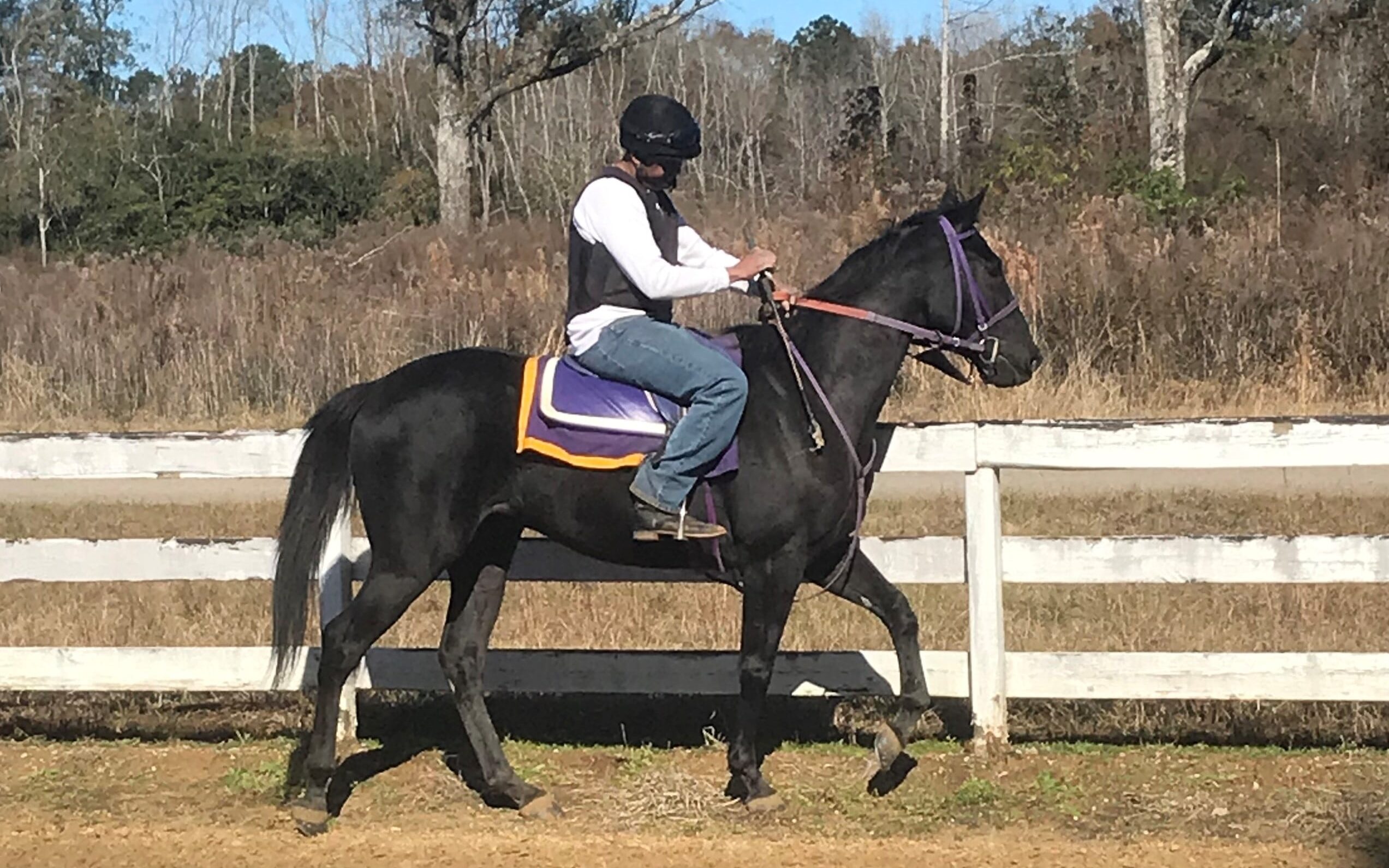
In addition to making money boarding horses, most facilities make an additional income selling hay, bedding, and feed to their customers and providing services, such as riding lessons.
Horse boarding may be perfect if you’re looking for a new and exciting investment opportunity. The steady income stream from monthly fees paid by horses is an attractive feature of this industry that just keeps growing.
Recreational businesses typically take a big hit if there is an economic recession. Still, if times stay steady and people continue to enjoy riding with friends, this business can really pay off well. I wrote a book I wrote titled The Equine Business Bible, which discusses boarding horses.
FAQ
Is it cheaper to board a horse or keep it at home?
If you have enough land to keep your horse at home, it is cheaper than boarding. Plus, keeping your horse at home allows you more time with your animal, but if space is limited or you just don’t have time to care for your horse, it can make sense to board.
Should I board my horse?
You should board your horse if you don’t have time to care for one, a suitable place to keep it, or don’t have a horse trailer to haul it for training. Horses are a big responsibility, and they need care and attention.

About the Author: Miles Henry
Lifelong Horseman | Racehorse Owner | Published Author
Miles Henry brings over 25 years of hands-on experience training and owning Thoroughbred racehorses. Raised with Quarter Horses and Appaloosas, he’s spent a lifetime learning from horses—on the track, in the barn, and in the field. Today, he runs a small but successful racing stable in Louisiana and shares real-world insights on HorseRacingSense.com, helping horse owners, fans, and bettors navigate the sport with confidence.
📚 Books: View Miles’s books on Amazon »
🎧 Podcast Guest: Animal Tales Ep. 32 |
YouTube Interview
📩 Newsletter: Sign up for racing tips and horse care advice »
🔗 Follow Miles:
Twitter |
Facebook |
YouTube


